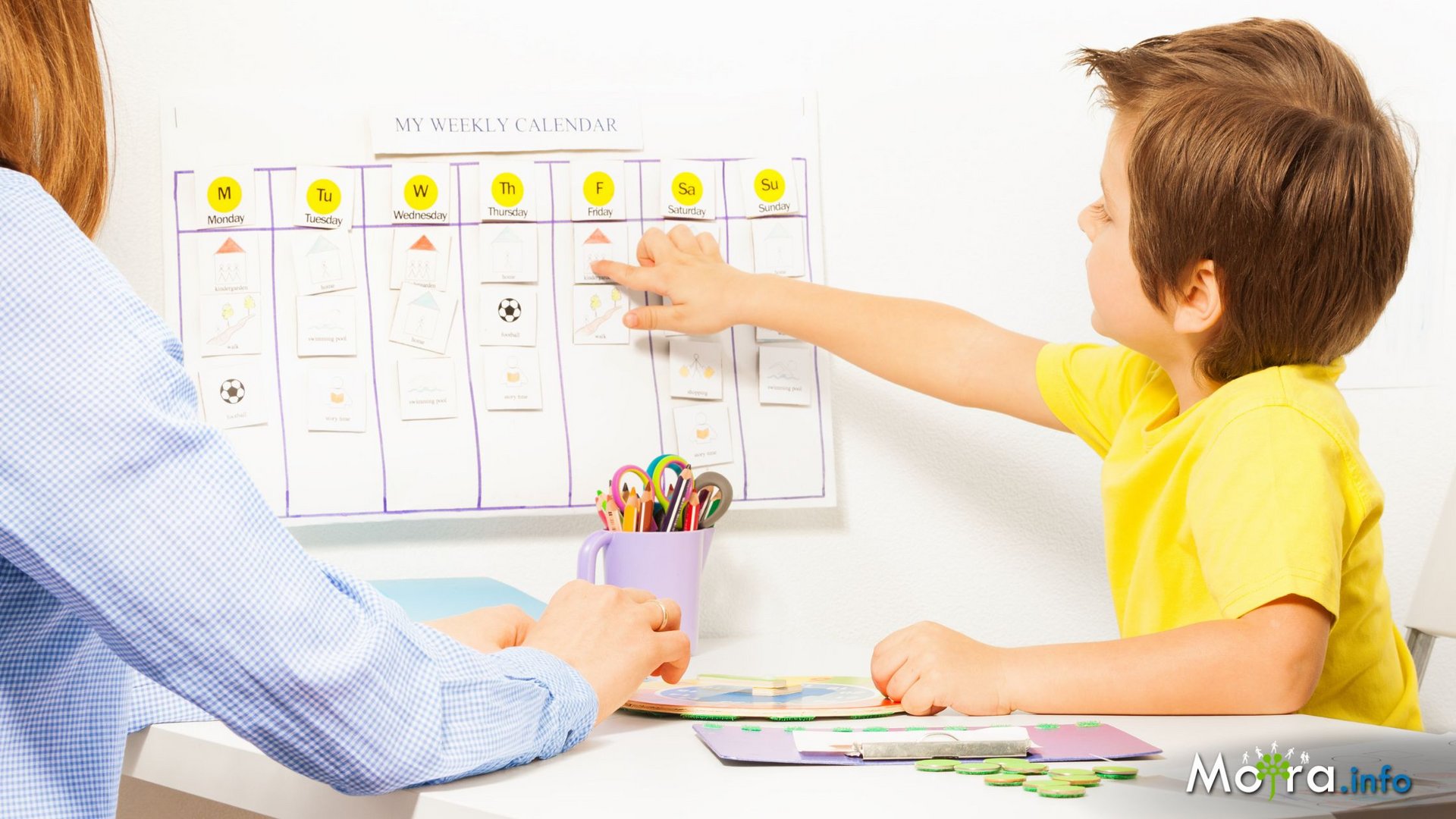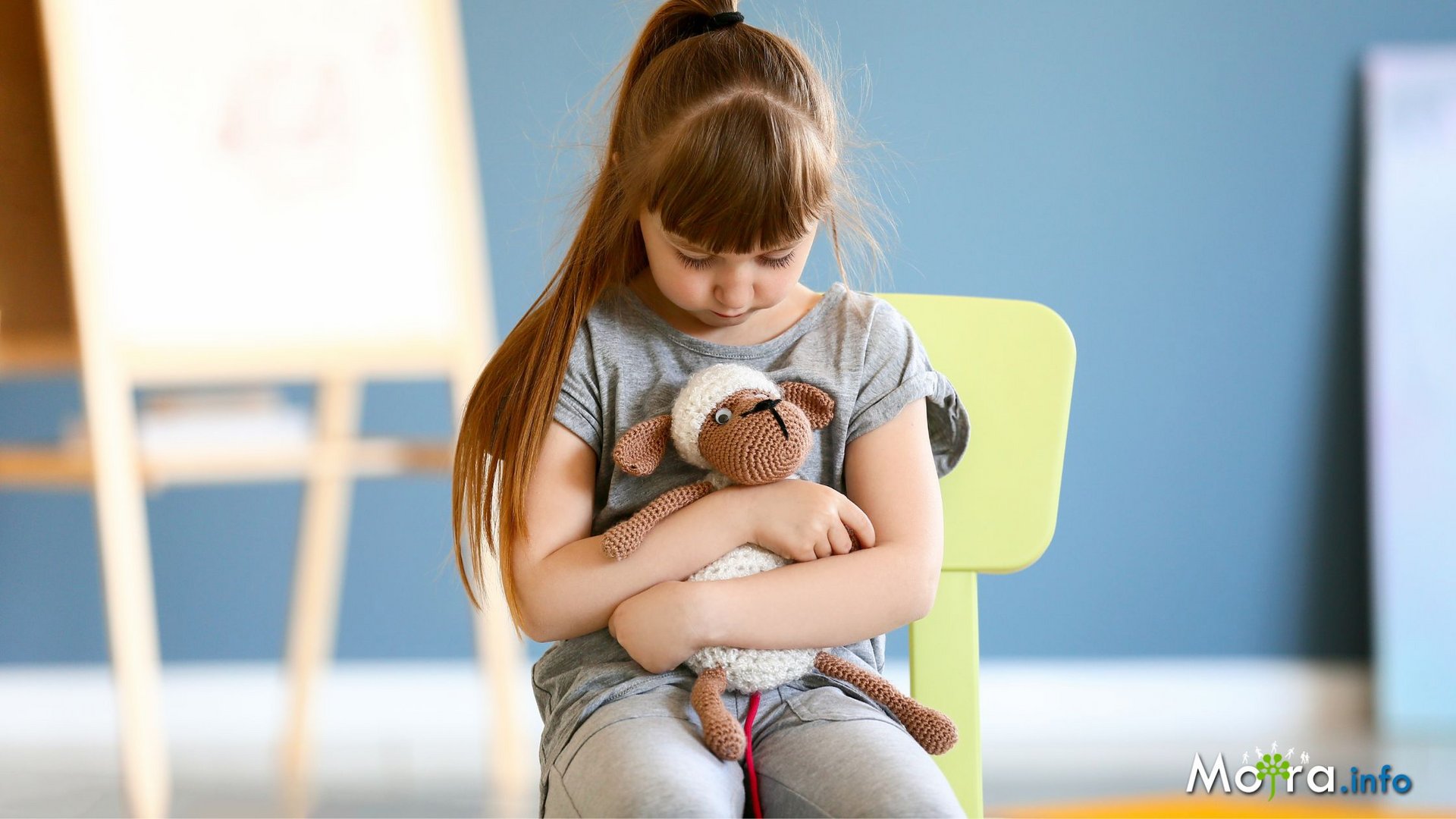The birth of a child is the most beautiful moment in a mother's life. However, it can happen that the joy, happiness, and love for the newborn baby are replaced by other, much more frightening emotions. The mother-woman may experience fear that she won't be able to handle everything around the baby, she must cope with the "surge" of hormones, lack of rest, feelings of sadness, and frequent crying. These feelings (known as postpartum blues) are entirely normal for new mothers and usually disappear within a few days after childbirth. The problem arises if they persist and intensify; in this case, it is likely postpartum depression. It most commonly manifests 3-4 weeks after childbirth in roughly 10% of mothers and lasts for approximately up to a year after childbirth (depending on treatment). The onset of depression can occur as early as returning home from the maternity ward, after discontinuing breastfeeding, or with the return of menstruation. Everything is connected to significant emotional and hormonal upheaval. It often happens that women who have undergone a cesarean section suffer from postpartum depression. The procedure itself is a strain on a woman's body, the mother doesn't have the opportunity to spend time with the baby immediately after birth, may have a harder time forming a bond with her child, and is also under constant pressure and stress related to breastfeeding, as maternal milk production is delayed or may not occur at all. Overall, after childbirth, a woman's important support and assistance from her partner/husband, family, and close ones are crucial, whether it's in terms of household chores, cooking, or moments of rest.
Postpartum depression – causes:
The main cause of postpartum depression can be attributed to a significant hormonal imbalance, but a woman's psyche also plays an important role. Among other possible causes of postpartum depression are:
- Depressive experiences from
childhood
- Problems with conception and
during pregnancy
- Complicated childbirth,
cesarean section
- Mother's age that is too
low/high
- Past depressive episodes
- Poor social support
Postpartum depression -
symptoms:
- Uncontrollable fatigue and
exhaustion
- Hopelessness, frustration,
sadness
- Fear, anxiety
- Apathy, lack of interest in
surroundings
- Sleep problems
- Refusal of the child,
breastfeeding X excessive care
- Eating disorders - loss of
appetite X overeating
- Lack of interest in sex
- Self-blame, self-deprecation
Preventing postpartum depression:
Every
expectant mother, especially those belonging to any of the risk groups (see
causes of postpartum depression), should be informed about the possibility of
developing depression after childbirth. This information should come from
either her gynecologist or through prenatal classes. There are also various
social prevention programs available. The most important factor is the support
of the partner during pregnancy, during childbirth, and in the first few days
at home. The man should be involved in household chores, take care of the baby,
and give the partner a moment of rest.
Postpartum Depression - Treatment:
Early
treatment of postpartum depression is very important. Mothers often feel that
they can handle the entire situation on their own, and those around them may
reinforce this belief. Common statements include how everything will settle
down, the challenging period will pass, or hints at the mother's inability to
care adequately for the child. However, if you or someone you know is suspected
of having postpartum depression, seek help from a professional. Mild forms of
postpartum depression can be addressed by a general practitioner, but for more
severe cases, it's best to go directly to a psychiatrist or psychologist.
Hospitalization in a psychiatric ward is only necessary in very severe cases.
Treatment
most commonly involves therapy. A psychologist listens carefully to the client,
tries to identify possible causes of postpartum depression, and suggests
alternative perspectives on the situation. If necessary, they may recommend
psychiatric assistance (either hospitalization or outpatient), during which
antidepressants may be prescribed. Hormonal therapy is also an option,
involving the supplementation of estrogen in a woman's body.
It's
truly important to recognize the seriousness of postpartum depression and the
necessity of treatment. Untreated postpartum depression can endanger the lives
of both the mother and the child (suicide, harm to the newborn), or it may
develop into postpartum psychosis, accompanied by panic attacks, delusions,
hallucinations, and more.
You've just read an article: Postpartum Depression - Feelings of Sadness and Tears




























Enter your comment.